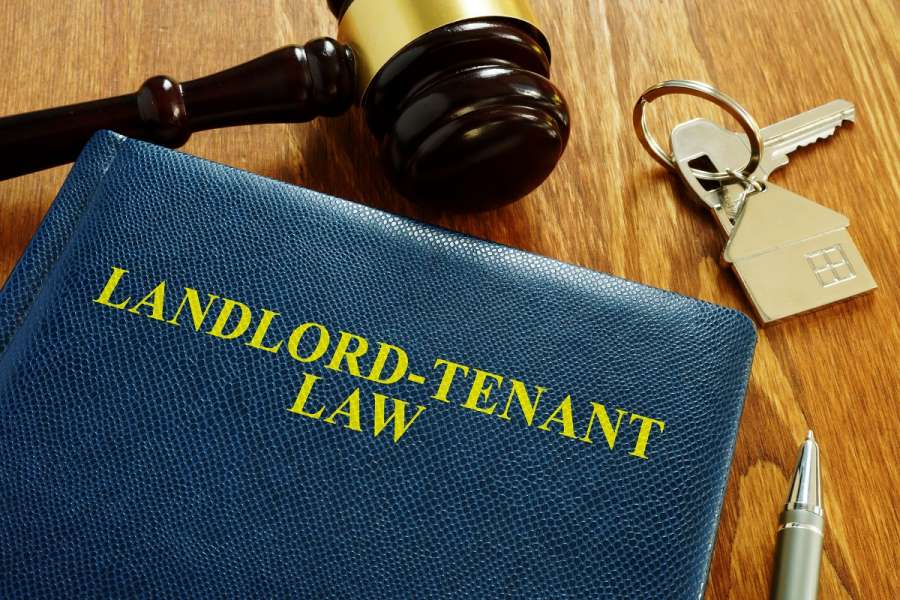The Landlord and Tenant Act 1954 gives business tenants a statutory right to a new tenancy on the expiry of their existing tenancy and provides that a landlord can only recover possession where at least one of seven statutory grounds applies.
The Act was put in place to promote the economy and provide a secure basis for businesses to grow following the war.
Almost 70 years later, the promotion and growth of businesses remain essential for our economy – but the pressures on businesses have changed immeasurably.
From the huge growth of online retail to the essential focus on energy efficiency, businesses – and the leases under which they operate – must adapt.





